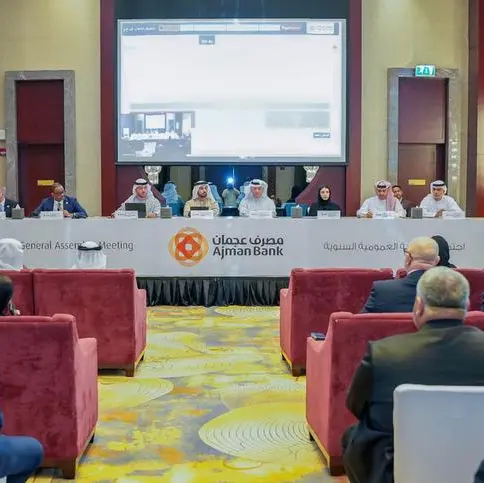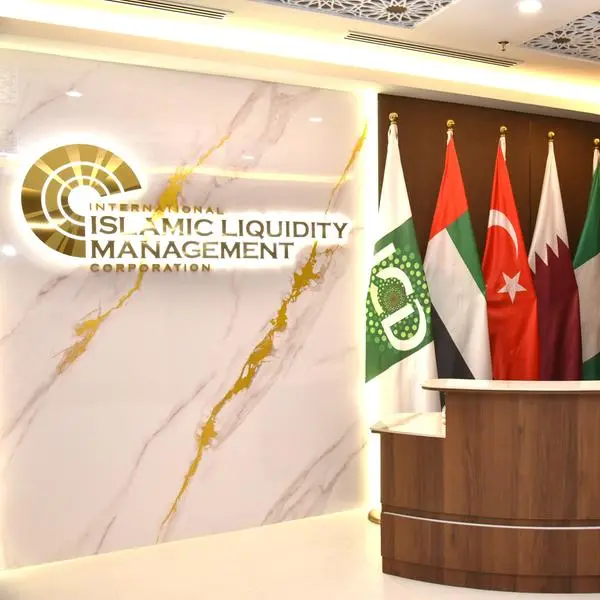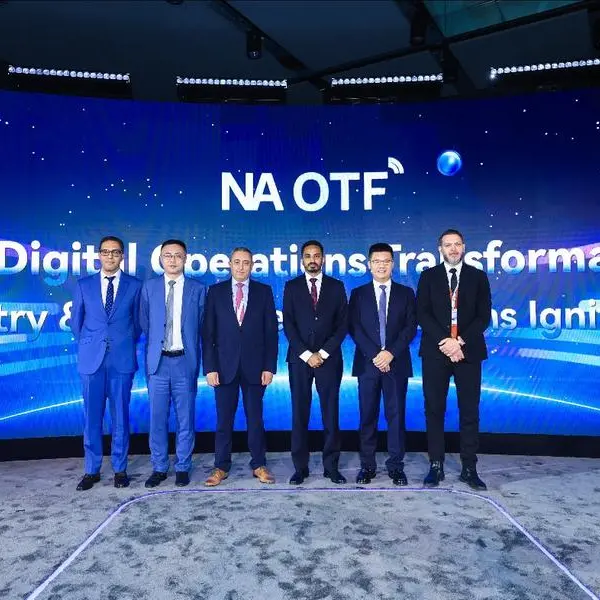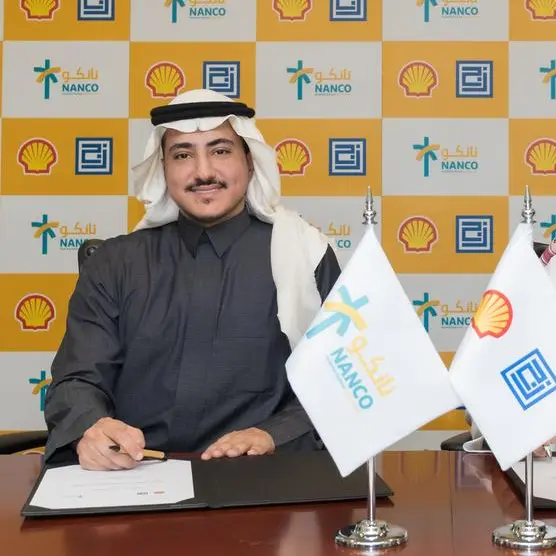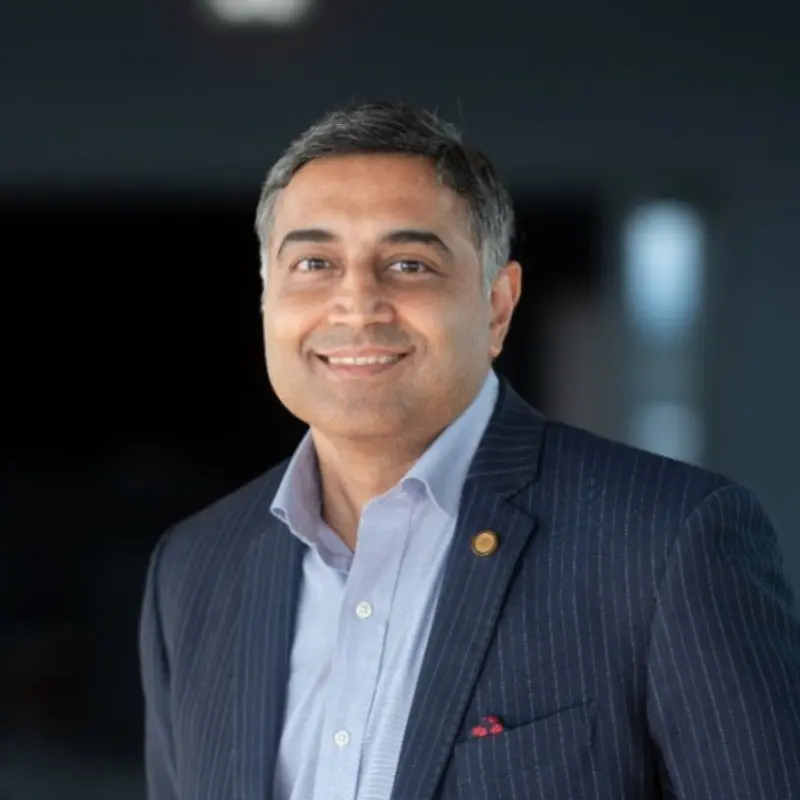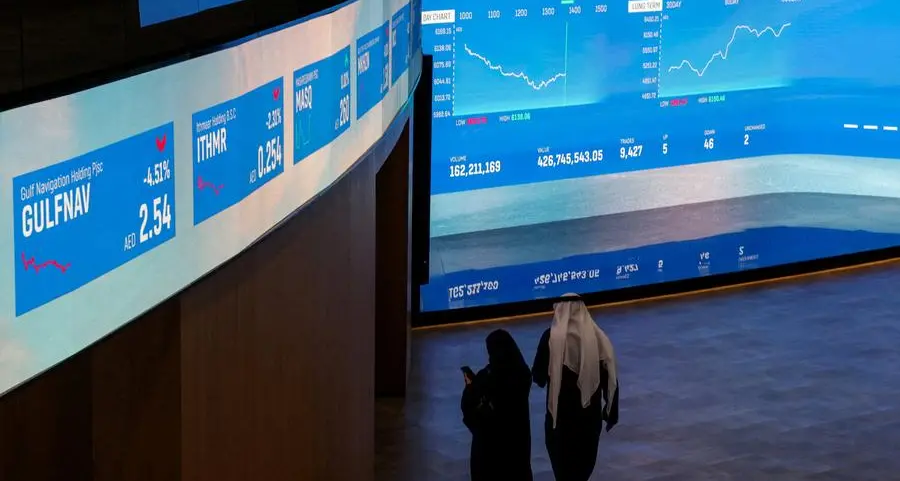Dubai, United Arab Emirates: New Zealand’s Trade and Export Growth and Agriculture Minister Damien O’Connor, has visited the International Center for Biosaline Agriculture (ICBA) in Dubai as part of a diplomatic mission to highlight bilateral collaboration in tackling global food security issues through sustainable food systems and agritech innovation.
The Minister was joined by Dr. Tarifa Alzaabi, Acting Director General of ICBA, and Environment Agency - Abu Dhabi (EAD) representatives: Eng. Faisal Ali Al Hammadi, Director of Permitting, Compliance, and Enforcement Environment Quality Department; Dr. Mohamed Dawoud, Water Resources, Environment Quality Advisor; and PhD student Mansoor Al Tamimi to learn more about the ‘Salt Leachate Measurement’ project, the latest scientific joint venture between New Zealand agricultural research organisations, EAD and ICBA.
Brokered by New Zealand G2G, a joint venture between New Zealand Ministry of Foreign Affairs and Trade (MFAT) and New Zealand Trade and Enterprise (NZTE), the project has brought together some of New Zealand’s top government institutions including Plant and Food Research and Massey University - along with project management by OnlyFromNZ, to help EAD and ICBA investigate more sustainable use of water for crops.
Commenting on the government to government collaboration, Her Excellency Dr. Shaikha Salem Al Dhaheri, Secretary General of EAD, said: “We’re proud of the long-standing relationship the UAE has with New Zealand G2G – and the numerous research projects that help us enhance efforts to conserve natural resources in the Emirates. The vital knowledge exchange taking place at ICBA between these world-class institutions is crucial for government policy setting, as we work together to achieve the UAE’s food security goals and build a global food system that is better and more sustainable for all.”
With groundwater supplies in the UAE becoming increasingly scarce and saltier, the four-year project aims to determine the feasibility of using reject brine from small-scale desalination plants on farms and aqua-brine from fish farms, instead of groundwater, to grow salt-tolerant crops and fodders. The modified devices are now in place on 36 different plots in the UAE and will be used to monitor progress until 2024. The data will then be used to inform decisions about irrigation and environmental management.
Hon. Damien O’Connor met Dr. Tarifa Alzaabi and ICBA scientists, and EAD PhD student Mansoor Al Tamimi, to discuss the progress they are making at ICBA and the importance of ongoing government collaboration. As the UAE looks to increase local food production from 10% to 30% by 2031, and become the most food secure nation by 2051, the findings of the ‘Salt Leachate Measurement’ project will play an important role in achieving these targets sustainably.
Hon. Damien O’Connor commented: “The UAE is increasing investment into its sustainable food ecosystem through the implementation of its National Food Security Strategy and the different initiatives that aim to find solutions to tackle the critical water–food–energy nexus. New Zealand recognises the UAE’s considerable efforts and will continue to strengthen our bilateral cooperation in this area.
“New Zealand’s involvement in the ‘Salt Leachate Project’ is an example of the achievements that can be made through collaboration and international knowledge exchange, harnessing our respective expertise to help accelerate the transition to a climate-positive and resilient global food system.”
The New Zealand–UAE government partnership began in 2013 with the signing of the first environmental MOU between both countries, formalising a strong and long-term collaboration between New Zealand organisations and ICBA as well as other UAE government entities involved in food security.
“New Zealand is a country of five million and feeds 40 million people globally so we have huge capability. Agricultural commodities are the main export of New Zealand, with Food and Beverage being our top export sector to the UAE.
“The future of New Zealand’s food and fibre production is driven by our Fit For A Better World roadmap. It underpins our ongoing commitment to developing positive food systems that utilise natural resources sustainably.
“We are proud of our New Zealand G2G partnerships with the UAE to advance food security. New Zealand’s public sector has world-leading expertise that we can offer other governments. Only by sharing our science, expertise and latest agricultural innovations can we work towards building more positive, resilient and inclusive food systems for all - to be in balance with nature, not against it,” Damien O’Connor added.
Dr. Tarifa Alzaabi said: “In collaboration with a wide range of partners, ICBA has carried out research-for-development activities and programmes in some 40 countries in Central Asia, the Middle East, North Africa, South Asia, the South Caucasus, and sub-Saharan Africa. Our partners in the UAE and New Zealand are undertaking important research activities to measure the impact of saline water in agriculture. These efforts support regional food security and offer sustainable solutions to issues like salinity and water scarcity in marginal environments. The scientific achievements from New Zealand and ICBA can also be used globally, as countries across the world tackle water shortages and unsustainable food systems.
“While the environments of New Zealand and the UAE differ greatly, the pooling of expertise and resource-sharing has been crucial in finding solutions to one of the region’s most pressing issues. We are excited to continue the partnership with New Zealand organisations, with the findings of the current research expected to open up further collaboration,” added Dr. Tarifa Alzaabi.
The research project also includes a four-year PhD programme from Massey University, currently being undertaken by Mansoor Al Tamimi from EAD. He is the third EAD staff member to be accepted into Massey University’s PhD programme which sees Emirati students, living in the UAE, solve real-world problems with sustainable groundwater management, supervised by New Zealand-based scientists.
“Massey University is one of the world’s leading agricultural universities so I’m very grateful for this PhD partnership that gives me access to some of the best agricultural scientists while applying our academic knowledge to real field work here in the UAE. It’s a very practical programme that has already helped inform regulation and policy for groundwater use in the UAE’s hyper-arid, hyper-saline environment,” said Al Tamimi.
New Zealand G2G has played an instrumental role in brokering trade relations between the UAE and New Zealand. This latest project, valued at NZD1.4 million (AED3.5 million), is one of three joint ventures won between 2020-2022 with further projects currently in discussion. The continued sharing of public sector knowledge with the UAE epitomises the role of New Zealand G2G as a connector of people, resources and expertise to enable countries to leverage New Zealand’s real-world solutions.
